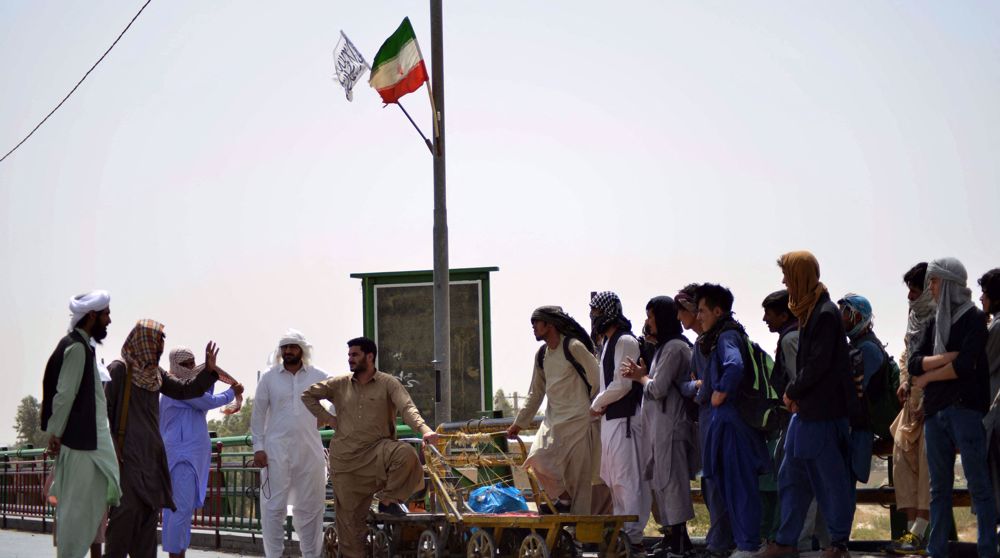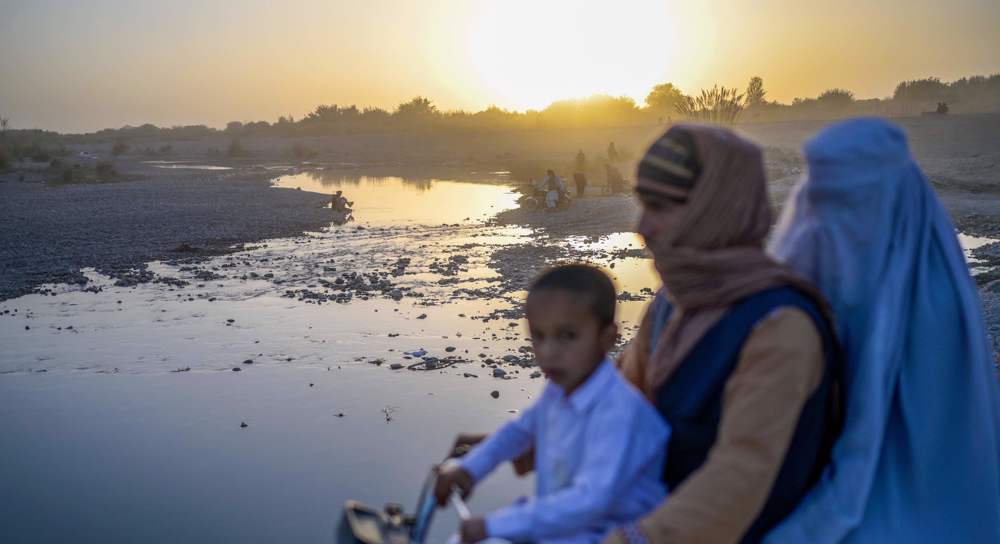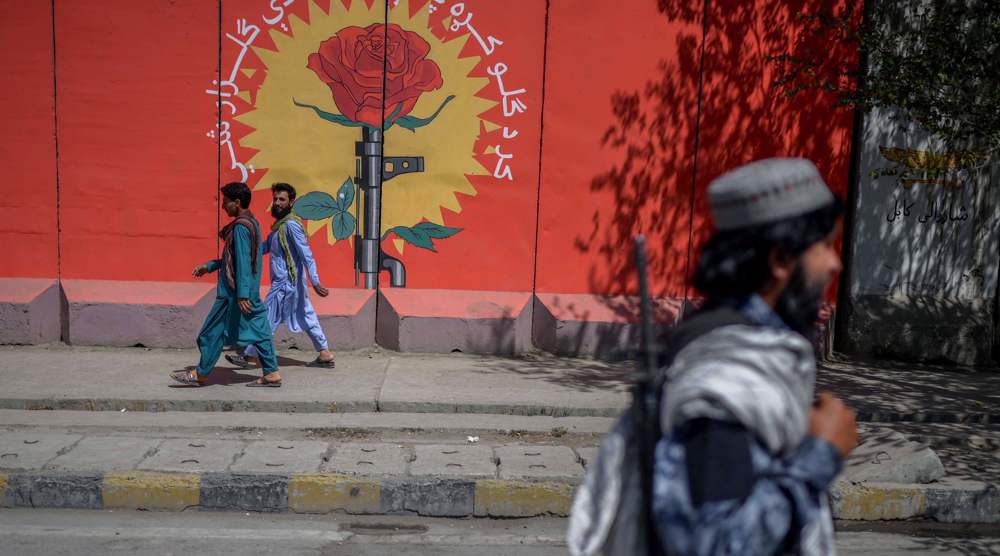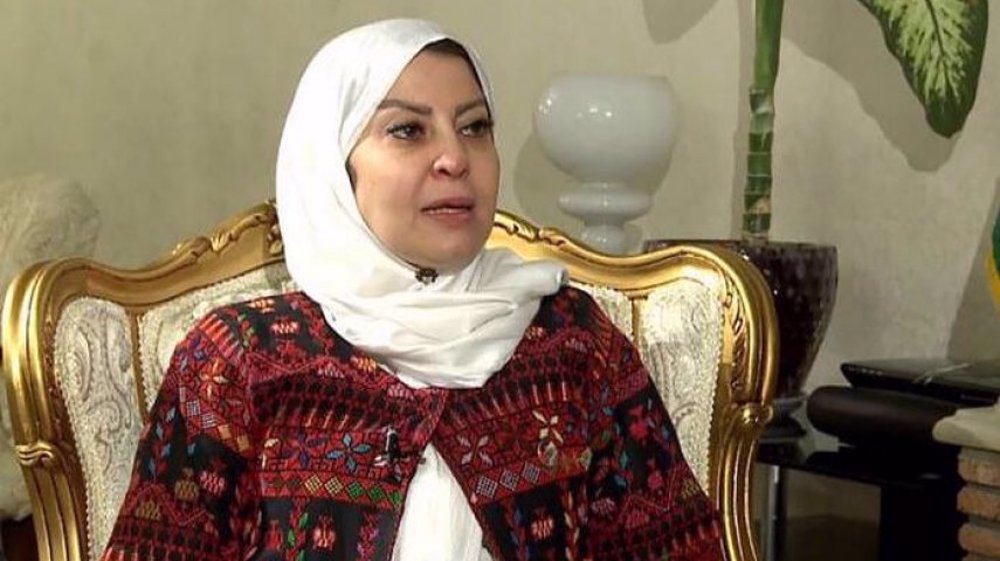Iran & the Taliban’s Afghanistan: Will they share — or fight over — water?
Story by Alireza Hashemi
Over the past several weeks, the world watched as the Taliban bounced back to power in Afghanistan, effectively nulling the war that had been launched by the United States 20 years earlier to eradicate them.
No country has so far recognized the caretaker government formed by the Taliban following their takeover of Afghanistan, and there is widespread speculation that the former militants will not be able to properly govern the country on their own.
Still, the Taliban have become all but a solid force in the country, even though they conquered Afghanistan too conveniently, as foreign forces awkwardly withdrew and as the Afghan military put up zero resistance. At least for now, the Taliban seem resolutely in power.
In Iran, Afghanistan’s immediate neighbor to the west, the rise of the Taliban has prompted debates in political circles about potential threats and opportunities. One matter is of particular concern: how will the Taliban’s seizure of power impact the long-running dispute between Iran and Afghanistan over shared water resources?
Iran has good reason to be concerned. A recent report by the Iranian Parliament’s Research Center said 282 out of 1,245 Iranian cities are currently suffering from water shortages. The situation is especially concerning in Iran’s southeast. An Iranian lawmaker from the region warned in 2016 that 25% to 30% of the region’s population had left over the past two decades because of water shortages.
There are hopes that the creation of a stable government in Kabul that ends the permanent state of war in the country could offer a better chance of alleviating the water scarcity in Iran’s southeast, which is hit by declining rainfall as well as water mismanagement. But there are also concerns that a new Taliban government would be even more uncompromising than a previous regime that was run by the Taliban from 1996 to 2001.
A long-running feud
A dispute over access to the river Hirmand (called Helmand in Afghanistan) has been going on for one and a half century. The river begins in Hindu Kush mountains and flows over a thousand kilometers before feeding the Hamoun Lake, shared between Iran and Afghanistan. The lake, designated a world biosphere reserve in 2016 by UNESCO, is of top importance for the environment and economy of the largely arid and poor regions of Iran’s southeast.
The two countries signed a treaty in 1973 to share the waters, which stipulated that Afghanistan would each year release around 850 million cubic meters of water to Iran. But the treaty was never implemented in full and negotiations never advanced, as Afghanistan plunged into decades of instability and various governments adopted different policies toward Iran. In 1999, for instance, the Taliban’s previous government totally shut down the flow.
After the 2001 US-led invasion of Afghanistan, Iran frequently complained that far less water was entering Iran than was agreed under the treaty. Tehran has also objected to the development of dams on the river that further restricted the rivers’ flow.
In late March this year, following the opening of the Kamal Khan dam on the river, Afghanistan’s then-president Ashraf Ghani used discourteous language to say that Tehran would have to offer Afghanistan oil for any amounts of water above what had been agreed in the 1973 treaty, which is 850 million cubic meters per year.
Many ordinary Iranians reacted with fury, and bilateral relations were strained. Iran said the dam would significantly decrease the water’s flow and cause the further drying up of the Hamoun Lake. But Ghani — who fled Kabul earlier this year as the Taliban arrived at the gates of the Afghan capital — dismissed Iran’s concerns, arguing that the construction of dams was meant to ensure water security and wouldn’t affect Iran’s share.
Reasons for optimism
Since their return to power, the Taliban have been striking a less confrontational tone toward Tehran. Top Taliban officials have said both Afghanistan and Iran, as two Muslim countries, must enjoy fair access to shared water resources.
Further boosting optimism among the Iranians, reports emerged in recent weeks that more water had been flowing to Iran since the Taliban took power, even though the Taliban rejected those reports.
Potentially, then, there is room for talks between Iran and the new rulers in Kabul on the shared water resources. Any negotiations could even involve the environmental flow to feed Hamoun wetlands, which was not part of the 1973 treaty negotiations.
Hossein Rabiei, an assistant professor of Political Geography at Kharazmi University, told Press TV’s website that there were reasons to be optimistic about cooperation by the Taliban. However, Mr. Rabiei said all rulers, the Taliban included, would base many of their political decisions on economic and social considerations as well.
“The Taliban government might refuse to give Iran its fair share of water if the Afghan nation faces a serious drought. They might also use water as their only leverage to extract concessions from Iran if they cannot find ways to ease their energy shortages or if they need access to international waters,” Mr. Rabiei said.
Some speculate that the friendlier Taliban behavior may be a tactical decision. Nozar Shafiei, an Iranian professor of international relations and a former lawmaker, said the Taliban might be hoping to buy time to solidify their grip on Afghanistan, citing the failure of the previous Taliban regime to observe the 1973 treaty.
But Mr. Shafiei also raised the possibility that the new Taliban government might act more tactfully, considering that it vitally needs Iran’s assistance for running the land-locked country.
“Iran might be able to solve its water problem in eastern regions through other resources, including the Persian Gulf. But the Taliban might not be able to find a replacement for the many opportunities Tehran could offer,” he told Press TV’s website.

Many uncertainties ahead
Aside from the water issue, there is a host of other areas where Iran could hope to enlist Afghan cooperation, including to prevent more Afghan migrants coming to Iran, fight drug trafficking, eliminate the presence of militant groups on Iran’s borders, and expand trade. In return for Afghan cooperation in those areas, Iran can contribute to Afghanistan’s future development.
Hamed Hekmatara, a PHD student of political geography at Tehran University, said Iran could both resolve the water issue and advance the war on drug trafficking by offering assistance to Afghanistan in the agriculture sector.
“The Taliban have banned poppy farming and asked foreign governments to help replace poppy cultivation with other agricultural products. Iran can help improve farming technologies and practices and provide farmers with efficient irrigation systems,” Mr. Hekmatara said.
“This allows Iran to get rid of the long-running problem of drug trafficking. Tehran can also ask the Taliban for more water in exchange for the assistance. This would be a win-win situation,” he added.
On Wednesday (September 29), AFP reported that prices of opium in Afghanistan had skyrocketed following an announcement by Taliban spokesman Zabihullah Mujahid last month that the Taliban did not want to see “any narcotics produced” in the country anymore.
Previously, the Taliban have been no friend to Iran. It remains to be seen whether mutual interests would encourage collaboration, including in the vital area of water resources, where cooperation could mean better life for drought-affected communities on both sides of the border.
▀
(Editing by Hossein Jelveh)
Heads of govt. branches vow to resolve economic woes, ensure public security
Several killed as explosion hits Kabul's secure district
Trump says 'feels no obligation' to pursue peace after Nobel Prize snub
Israeli military kills Palestinian teen in southern Gaza despite truce
Recent terrorist war on Iran similar to Israel’s pager attack on Lebanon: Qalibaf
VIDEO | Thousands rally in Kargil against US, Israel 'interference' in Iran
Hamas blasts ‘torture and brutality’ against Palestinian prisoners in Israeli jails
Truth as first casualty: Deconstructing disinformation campaign on Iran riots death toll











 This makes it easy to access the Press TV website
This makes it easy to access the Press TV website